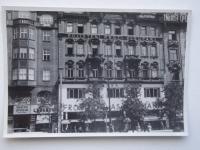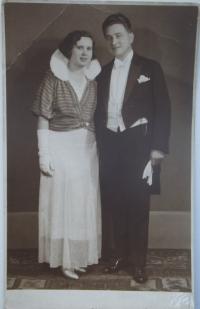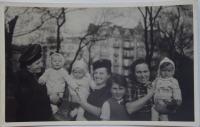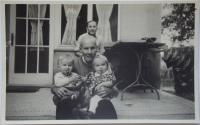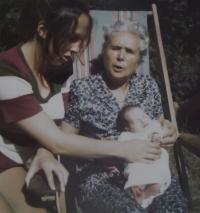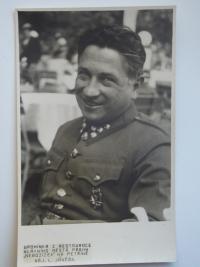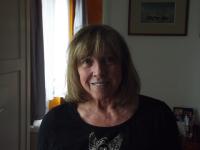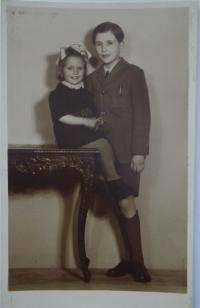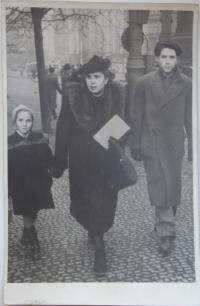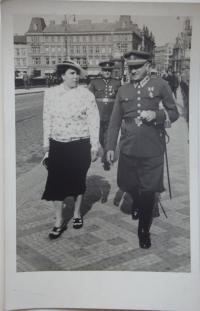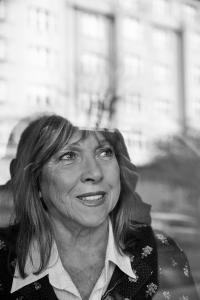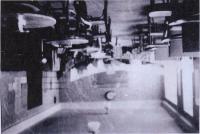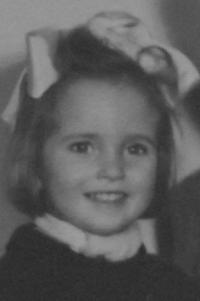I was born out my mother‘s defiance against the war
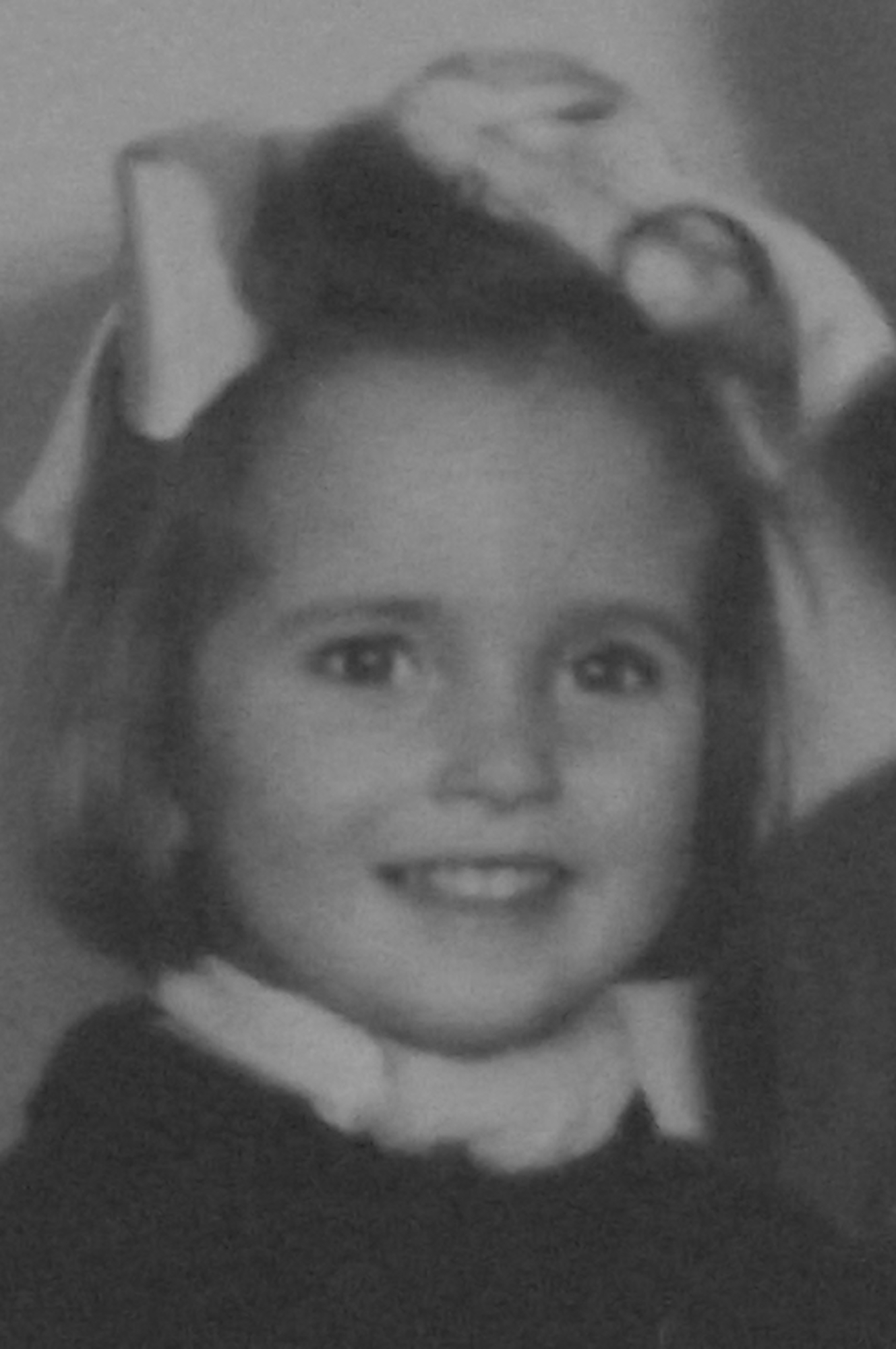
Stáhnout obrázek
Jarmila Dvořáková was born on April 26, 1943 in a Berlin prison. Her mother was convicted by a German court to eight years in prison for treason in 1942. Shortly after birth, Jarmila was taken from Berlin to Prague by her father, who raised her with the help of her mother‘s sister, Růžena. Her father owned the Tatra café in Wenceslas Square. After the war, her mother returned from prison, but the family did not live together for a long time. In 1949, the Communists confiscated the café, which her father never managed to cope with. A year later, he died. Jamila Dvořáková graduated from a business school and after a short practice began working for the Krátký film company. Here she worked as a producer and in the years 1976-1990 she was responsible for the organization of the International Film Festival in Karlovy Vary. Currently, she oversees the operational aspects of her husband, Josef Dvořák‘s, private theater (Theatrical Company Josef Dvořák).
